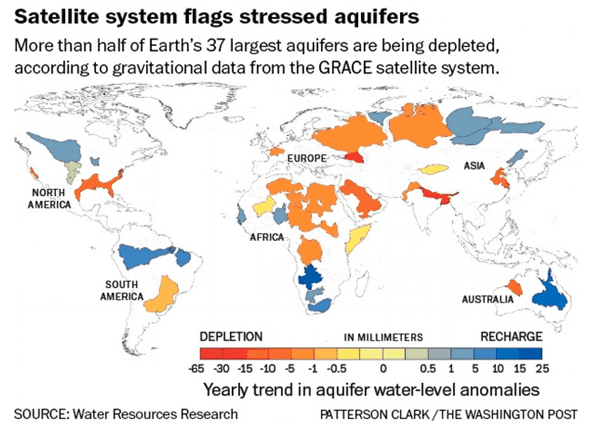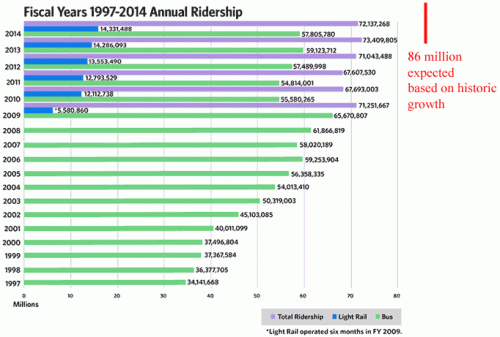We have about 20 retail locations with credit card terminals. Typically, I have always bought the terminals because leasing is such a crazy bad deal. For example, Transfirst will lease you (via their partner First Data Global Leasing, or FDGL) a Hypercom 4220 for about $32 a month on a 48-month lease. That is about $1536 in payments total. Right now you can buy the same Hypercom 4220 invthis lease for about $179.
But despite this, I actually found myself talked into leasing a few of these Hypercom 4220 terminals. I was told by Transfirst (the merchant company) that a technology transformation was coming (this was true) and that the advantage of leasing was that if the terminals become obsolete, they will be upgraded automatically (this turned out to be a lie).
Note that this was stupid, stupid, stupid on my part. I admit it. I could have still bought them and have been better off after 6 months, even if it became obsolete, than leasing. Mea culpa. My only excuse is that I had developed a lot of trust in my old processor Solveras and didn't realize how much their customer service would change for the worse when they got bought by Transfirst.
However, the really irritating part occurred when I got an email from Transfirst saying that my Hypercom 4220's would essentially be obsolete after October, 2015 because these terminals can't handle the new chip cards (technically I could still use them, but at a serious liability risk, which is not acceptable). So I called Transfirst and asked them what was going to happen on my equipment they leased me that they now have told me is obsolete. They said that I could upgrade the Hypercom's on my lease to Ingenico ICT220's for a $189 fee.
Well, it turns out that Ingenico ICT220's retail for about $160. So here was the upgrade option they offered on my lease -- I could pay more than the retail price of a new terminal in order to substitute that new terminal on my account, and having just paid for the terminal, the terminal then would become property of the leasing company and must be returned at the end of the lease, which all the while is still charging me $32 a month.
I called my sales agent, the customer support staff, the equipment transition team -- they all said the same thing. I could not believe it. The deal was so bad that even one of their competitors, whom I had started talking to, urged me to check with Transfirst more carefully because they could not believe Transfirst were offering such an awful arrangement. But they were.
So I am switching merchant companies and buying all new terminals. I will return to Transfirst all their equipment and pay off the remaining months on the lease. It is not often that a vendor of mine is so bad that I pay substantial money to get away from them, but getting away from Transfirst justified the cost.
By the way, for merchant companies reading this, please do not add yourself, based on this post, to the 3-4 calls a day I get trying to sell me credit card processing. I have a good deal for half my business with Bank of American, have always been happy with their service, and am moving my Transfirst business to them.
Postscript: One piece of advice on choosing a merchant account. When I ask for quotes on merchant services, I ask now that the bid be quoted as a spread. Basically MC/Visa have a set of rates they charge, sort of wholesale rates everyone must pay. There are zillions of rates for various types of cards (for example those rewards cards you love can pay you because they get a higher fee from merchants for the same transaction). If you just get a rate quote, you will get zillions of rates and it will be almost impossible to compare against another quote, particularly if you don't know your typical mix of card types. If you ask for a spread, e.g. 10 basis points over wholesale on all cards, you know exactly what you are getting and that there are not any bad deals buried in that rate list. It is also really easy to compare to other quotes.
The other advantage of this is that when MC/Visa change their rates (always up) your rates just go up by the amount of the rate increase. Without a spread deal, merchant processors can take advantage of MC/Visa rate changes to slip in a few more basis points for themselves. How would you ever know?





